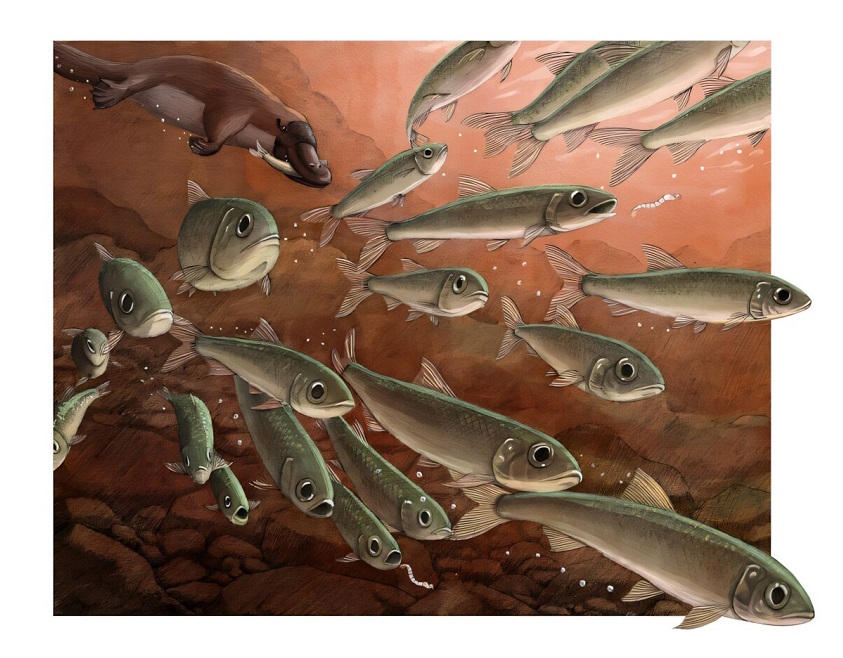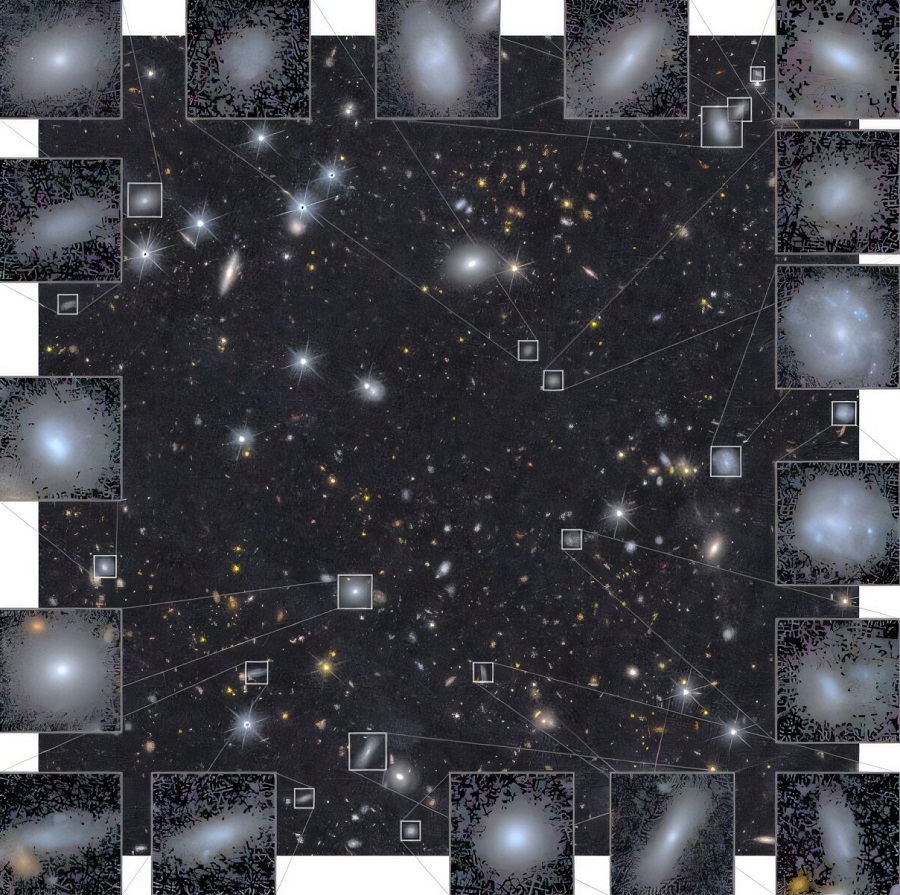A Danish fossil hunter discovered a 66-million-year-old chunk of fossilised vomit, likely from a fish that couldn't digest sea lilies.
Vous n'êtes pas connecté
- English
- Français
- عربي
- Español
- Deutsch
- Português
- русский язык
- Català
- Italiano
- Nederlands, Vlaams
- Norsk
- فارسی
- বাংলা
- اردو
- Azərbaycan dili
- Bahasa Indonesia
- Հայերեն
- Ελληνικά
- Bosanski jezik
- українська мова
- Íslenska
- Türkmen, Түркмен
- Türkçe
- Shqip
- Eesti keel
- magyar
- Қазақ тілі
- Kalaallisut ; kalaallit oqaasii
- Lietuvių kalba
- Latviešu valoda
- македонски јазик
- Монгол
- Bahasa Melayu ; بهاس ملايو
- ဗမာစာ
- Slovenščina
- тоҷикӣ ; toğikī ; تاجیکی
- ไทย
- O'zbek ; Ўзбек ; أۇزبېك
- Tiếng Việt
- ភាសាខ្មែរ
- རྫོང་ཁ
- Soomaaliga ; af Soomaali
 Maroc - KNOWRIDGE.COM - A La Une - 18/Mar 14:17
Maroc - KNOWRIDGE.COM - A La Une - 18/Mar 14:17
Newly discovered 15-million-year-old fish fossil reveals ancient secrets
Scientists in Australia have made an exciting discovery—a 15-million-year-old fossilized freshwater fish that not only provides clues about ancient life but also has preserved stomach contents and color patterns. This is the first time such a discovery has been made in Australia. A rare fossil discovery A team of researchers led by Dr. Matthew McCurry […] The post Newly discovered 15-million-year-old fish fossil reveals ancient secrets appeared first on Knowridge Science Report.
Articles similaires
New DNA study reveals surprise twist in human evolution story
Scientists have made a surprising discovery about our ancient past: modern humans didn’t come from just one ancestral group, but from at least two...
New Species of Dinosaur Discovered in Mongolia Reveals Unexpected Evolution
A newly discovered dinosaur species found in Mongolia is challenging what scientists thought they knew about a rare group of ancient plant-eaters....
New Species of Dinosaur Discovered in Mongolia Reveals Unexpected Evolution
A newly discovered dinosaur species found in Mongolia is challenging what scientists thought they knew about a rare group of ancient plant-eaters....
Why do 50-million-year-old trees turn up in NWT diamond mines?
Thousands of people are marvelling at a diamond mine's discovery of an ancient, well-preserved log. Here's why old trees turn up far below ground at...
Scientists Discover Fossil That Does Not Belong to Any Known Life Form Classification
Scientists have discovered a 400-million-year-old fossil of an organism known as Prototaxites, which does not belong to any known life form...
Scientists Discover Fossil That Does Not Belong to Any Known Life Form Classification
Scientists have discovered a 400-million-year-old fossil of an organism known as Prototaxites, which does not belong to any known life form...
Novel insights into tumor microenvironment and gastric cancer therapy
A team of Singapore scientists has made a significant discovery in understanding stomach cancer, a disease that remains one of the deadliest cancers...
Ancient wasp reveals trap-like hunting mechanism frozen in time
Scientists suggest that 99-million-year-old wasp with a Venus flytrap-like abdomen used a unique hunting strategy to capture its hosts in prehistoric...
Scientists discover 2,674 dwarf galaxies with Euclid Telescope
For nearly two years, the Euclid space telescope, operated by the European Space Agency (ESA), has been capturing deep-space images to help scientists...
Les derniers communiqués
-
Aucun élément




